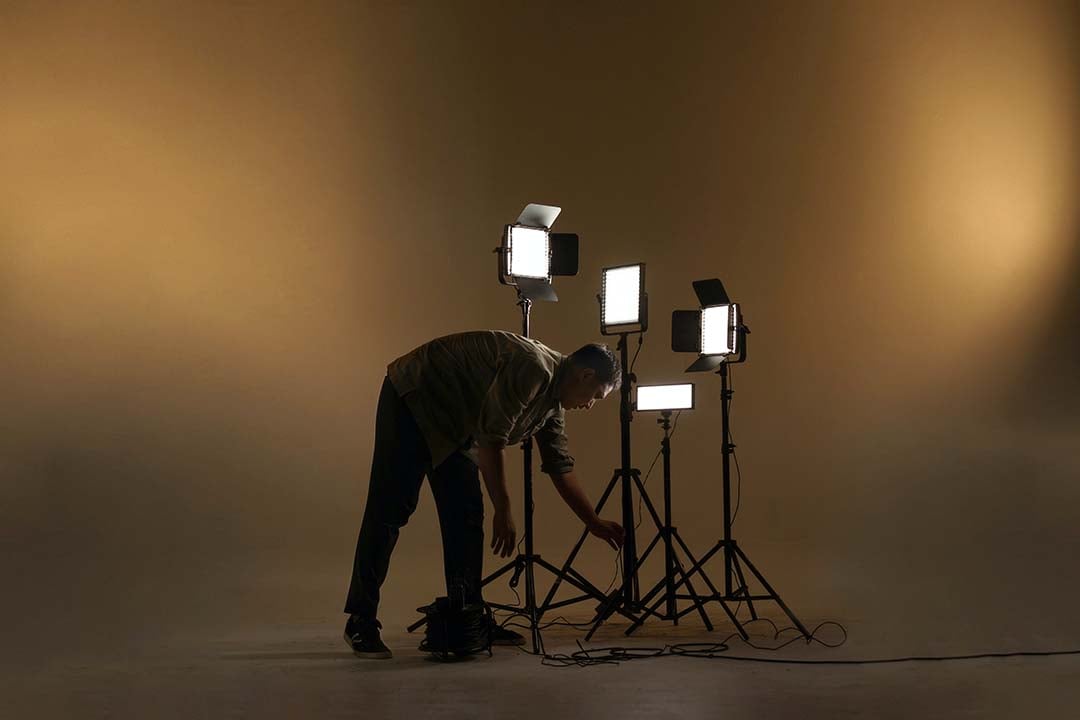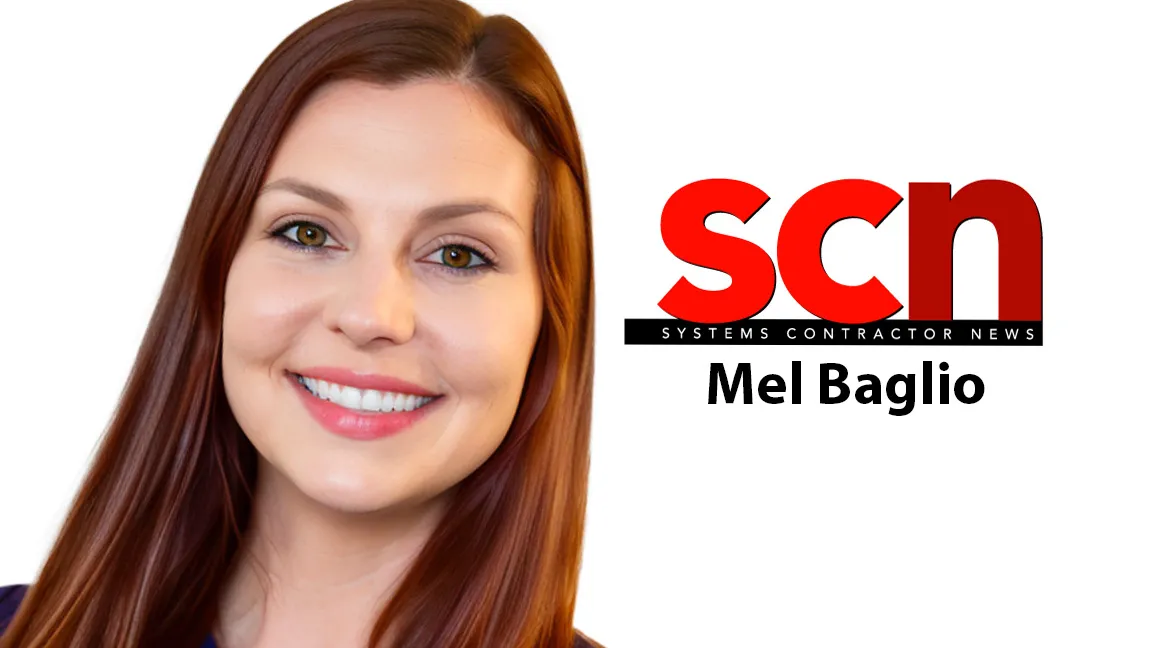We think of film direction whenever we hear the words “Lights, camera, action”. And like in films, the significance of lights in stage direction or live events cannot be overlooked.
Staged and focused lighting are the primary components contributing to the ‘live experience’ for a live audience and off-stage viewers (watching live broadcasts). A spotlight operator or followspot operator controls the spotlight or the followspot, ensuring proper illumination and play of lights to set the mood of a live event.
Imagine a completely dark stage. Only the mumbling drone of a room full of people is audible. Suddenly, a beam of light falls on the vocalist, the crowd screams, and a guitar is heard in the background.
Another focused beam of light falls on the drummer and the guitarist.
The live show has begun.
The planned use of spotlights can create a magnificent and dramatic effect, making or breaking a live show. Dynamic/kinetic lighting on a stage creates an exhilarating experience. Spotlight operators ensure the drama goes according to plan, managing the spotlights to elevate and amplify the live experience.
What is the role of a spotlight operator leading up to an event?
Before any event begins, the spotlight operator must collaborate with the lighting designer and other spotlight operators to understand their roles and the vision of the live event. A spotlight operator should not only be aware of the mood of the event but also respect the performers’ preferences, ensuring that the focused lighting does not affect the performance.
During the spot briefing, lighting designers and spotlight operators decide on cues, positions, timings, specific movements, light intensity, light color, and temperature.
Spotlight operators discuss with lighting designers ttion and angle of the spotlights as per the meeting and the production requirements. They test the spotlights before the event, clean the light fixtures, fix equipment (if any), set lights at angles, and examine the equipment before the show.
The spotlight operator also needs to understand the setup before the show begins. There can be traditional setups where the operator may have to handle the spotlight manually. However, with advancements, there are also follow-me controllers to maneuver the spotlight with gamer-like joysticks (remote controlling).
Spotlight operators must be able to work in both setups, familiarize themselves with the arrangements, and communicate with the stage manager, lighting designer, and master electrician.
You might like: What Does a Lighting Engineer (L1) Do?
What does the spotlight operator do during an event?
The spotlight operator’s work is entirely hands-on and requires them to be always on their feet with their equipment. Their real test lies in handling the spotlight equipment during the event.
The operator has to ensure that each performer is illuminated and adjust the light’s color and temperature based on planned cues. Constant communication with the video engineer can help correctly calibrate the light temperature (warm or cool) so that the live event appears visually appealing on screens.
One of the main tasks during a live event is ‘catching the cues’. As decided during the spot briefing, spotlight operators should be actively listening to the cues given by lighting designers. Generally, during a live show, the lighting designer thinks ahead of time. They predict the performer’s action and cue the spotlight operators.
Listening and working on the cues help the spotlight operator keep the light focus in sync with the performance. For example, blackouts during live performances can only be successful when there is coordinated communication between the lighting designer and spotlight operators.
A spotlight operator needs impeccable hand-eye coordination to track the performer moving onstage. Sometimes, the job requires them to work from a high spot to track the targets on stage.
In theatrical productions, the spotlight operator draws attention to the leading performer by focusing the light on them. They alter the stage’s focal point during the play, allowing performers to navigate a dimly-lit environment.
Related: How to Make a Great First Impression at Any Gig: 10 Easy Steps
What does the spotlight operator do after an event?
After the event, the spotlight operators check the equipment, clean it, and ensure it hasn’t been damaged. In the post-event meeting, spotlight operators should give a complete rundown of their observations during the event.
 What are some tasks a spotlight operator works on in between events?
What are some tasks a spotlight operator works on in between events?
After the post-event meeting with other light technicians and the lighting designer, spotlight operators try to look for the next few gigs. They can receive feedback on their tasks from the lighting designer and other spotlight operators. Since spotlights are also required for stage productions, spotlight operators can work as stagehands for theatrical productions to hone their skills.
Spotlight equipment is constantly evolving. In the future, it seems like technology will also integrate automation into focused lighting. Automated track lighting using sensors is also becoming popular. Although track lighting is not as versatile as human tracking at the moment, it is necessary for spotlight operators to learn about these trends. Familiarizing themselves with modern technologies can make them ready for future live events.
️ Related: How To Advance Your Events Career Through Education & Training feat. Omar Colom
What do I need to become a spotlight operator?
You do not need a college degree in theater studies or live production to become a spotlight operator. But like any other field, formal education will boost your credibility and significantly increase your chances of landing a job as a spotlight operator. If you’re keen on this field, you can pursue degrees and courses in stage management or lighting design.
If you’re new to this field, you will likely start in a junior role. Regardless of your educational background, gaining practical experience will give you the much-needed impetus to succeed as a spotlight operator. What’s more: more experience means more pay!
Although a spotlight operator’s job may look simple (just point and shot, what’s the big deal?), it requires technical expertise, focus, and intense stamina. A specific skill set is always advantageous when looking for a well-paying job.
Here’s a list of skills and qualities that will keep you ahead of the curve as a budding spotlight operator:
- To begin with, a spotlight operator must be well-versed in operating the follow spot – turning it on, shutting it down, and all its components.
- The capacity to sit or stand for long periods and the ability to work at any hour of the day or as needed; it includes attending technical rehearsals and performances.
- Multitasking and adapting are crucial to a spotlight operator’s job – watching the show and its performers, following the script, and acting on cues and instructions are essential.
- Teamwork skills must be on point since spotlight operators must follow instructions and cues from stage managers and other technical staff.
- The ability to concentrate on something for prolonged periods and act when necessary.
- The ability to tolerate heights and climb ladders.
- The ability to differentiate between various colors to project onto the stage.
- Technical skills to check if a machine is operating by looking at dials, gauges, and other metrics.

How do I find spotlight operator jobs?
Spotlight operators can work on live events, virtual concerts, and theatrical productions. While there may be a scarcity of live events at times, many theater companies require spotlight operators. Asking local theaters or putting your resume on job portals can help you get a role as a spotlight operator. You can also list yourself in a crew management portal and become part of live event crews.
Another great way to get new gigs as a spotlight operator is networking. If you can work in a live event and show how good you are at your job, light designers and fellow spotlight operators can set their eyes on you. Since a good spotlight operator is a team player, you can become part of a crew or you can be asked to work with them in the next event by the light designer or another fellow spotlight operator.
If you want to expand your job profile as a spotlight operator, you may have to explore how spotlight operators work in different countries. Since experienced spotlight operators can become part of a touring crew, they may need to keep themselves on top of live show rules and operations in other countries. You can also try your hand at school productions or amateur drama companies as a junior spotlight operator.
Are you a skilled spotlight operator?
Join our Crew marketplace for access to jobs:
{{cta(‘9800b8a4-cdca-47c2-9b15-6958ca353a0a’)}}
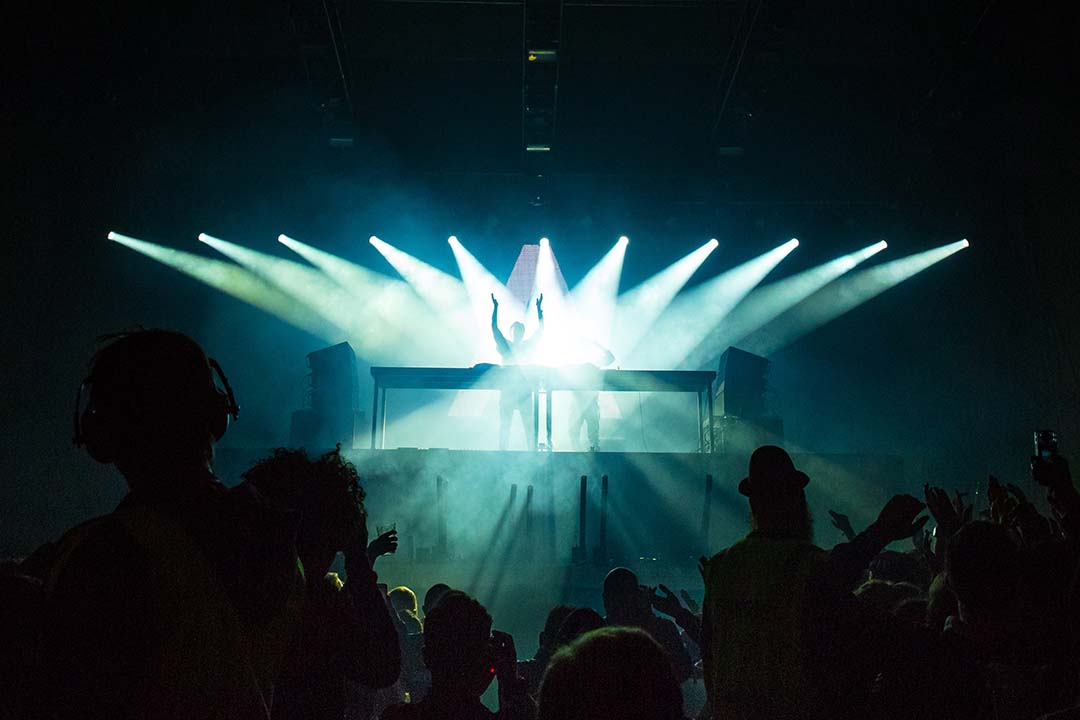
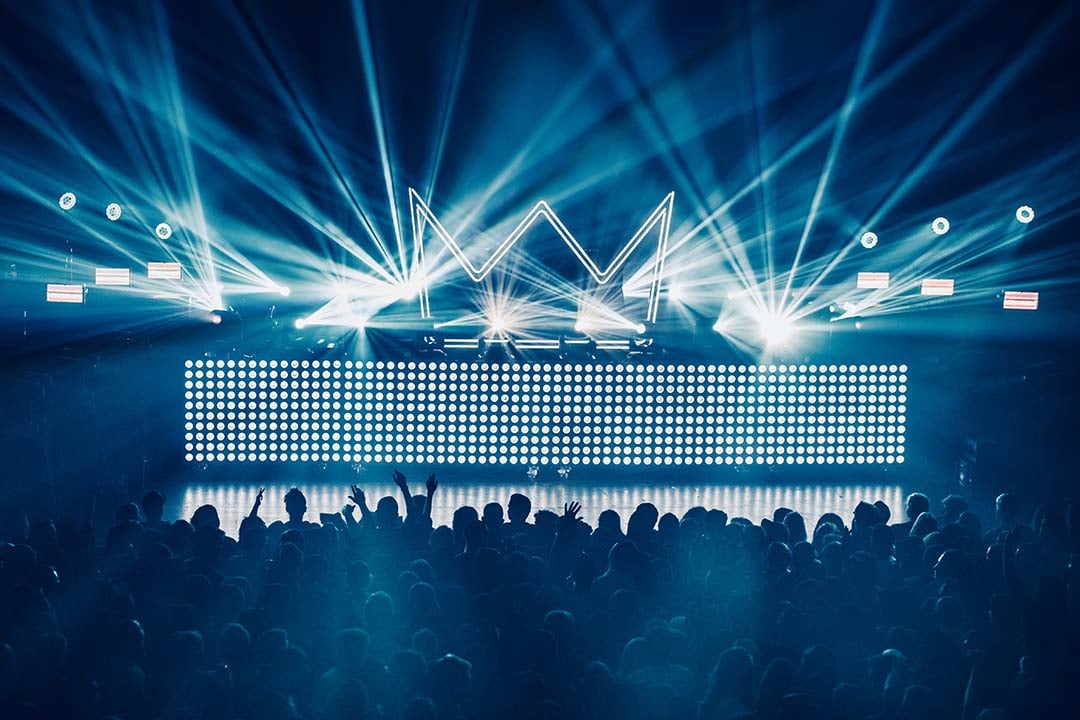
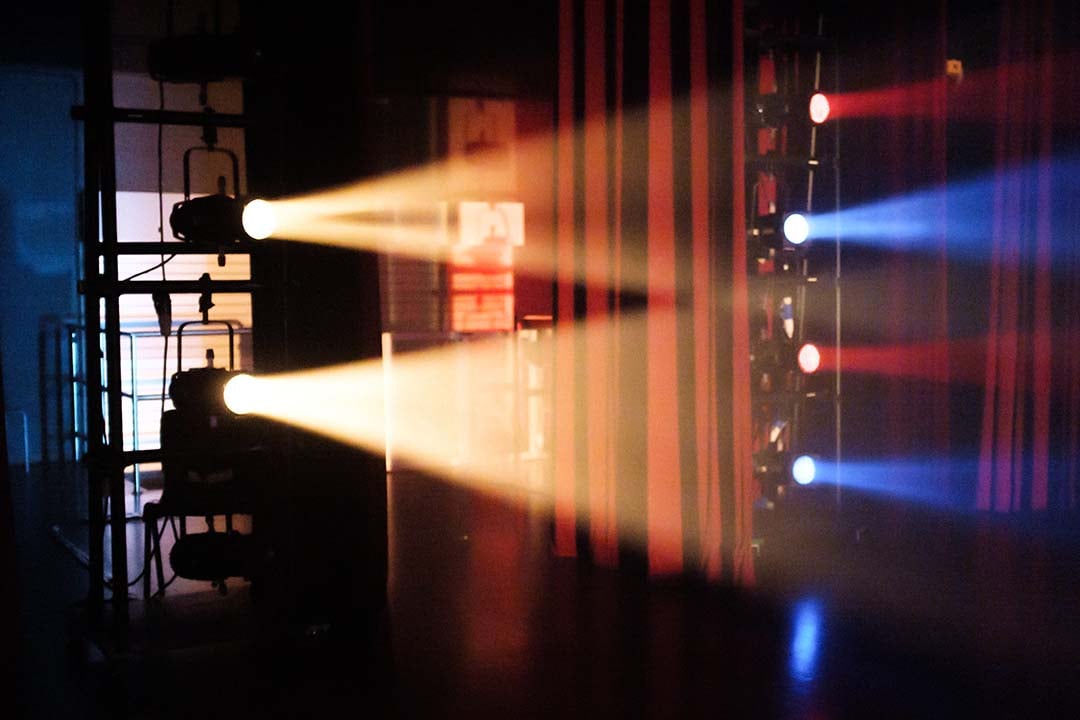
 What are some tasks a spotlight operator works on in between events?
What are some tasks a spotlight operator works on in between events?